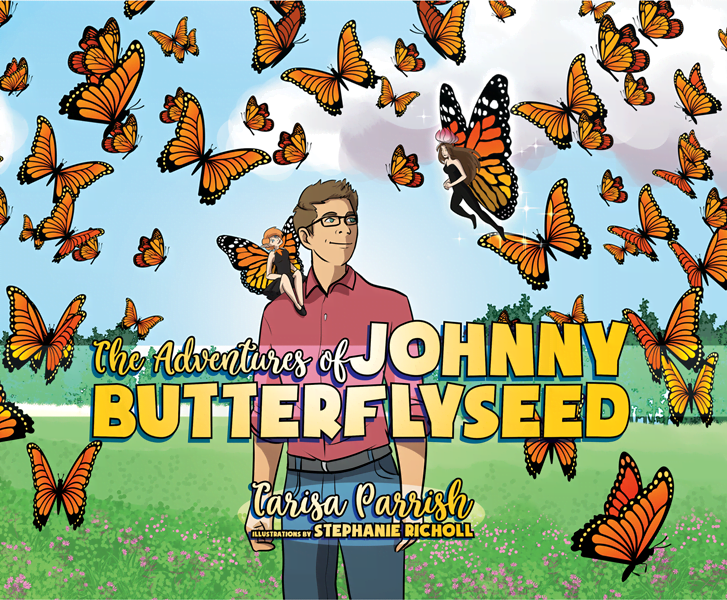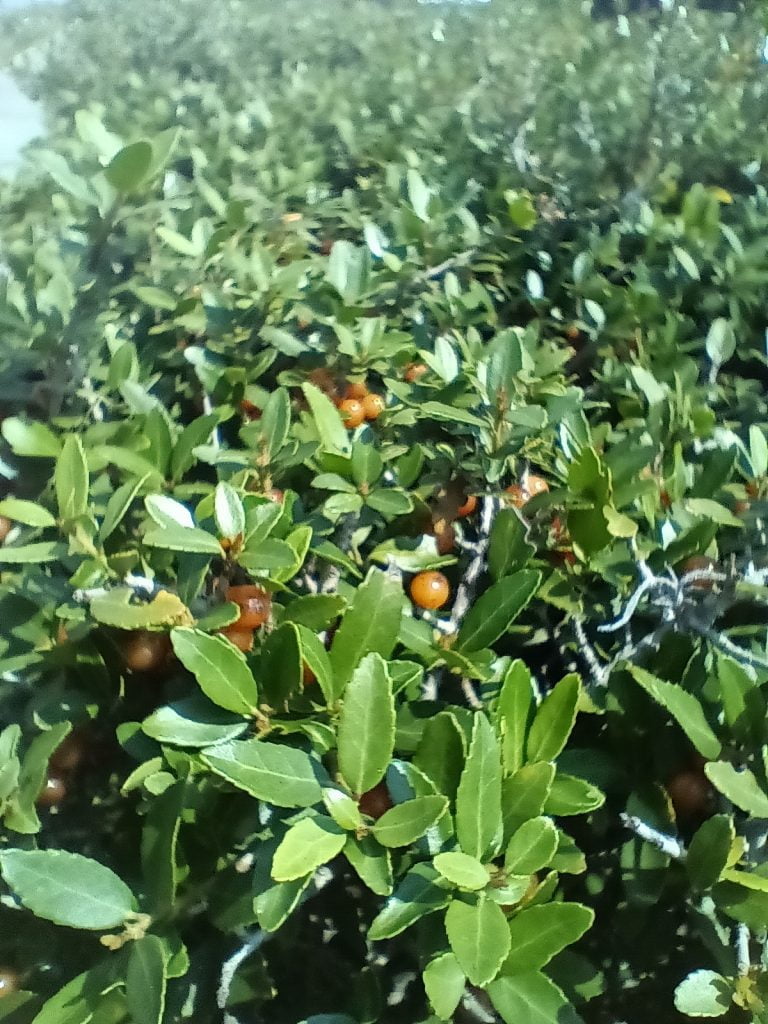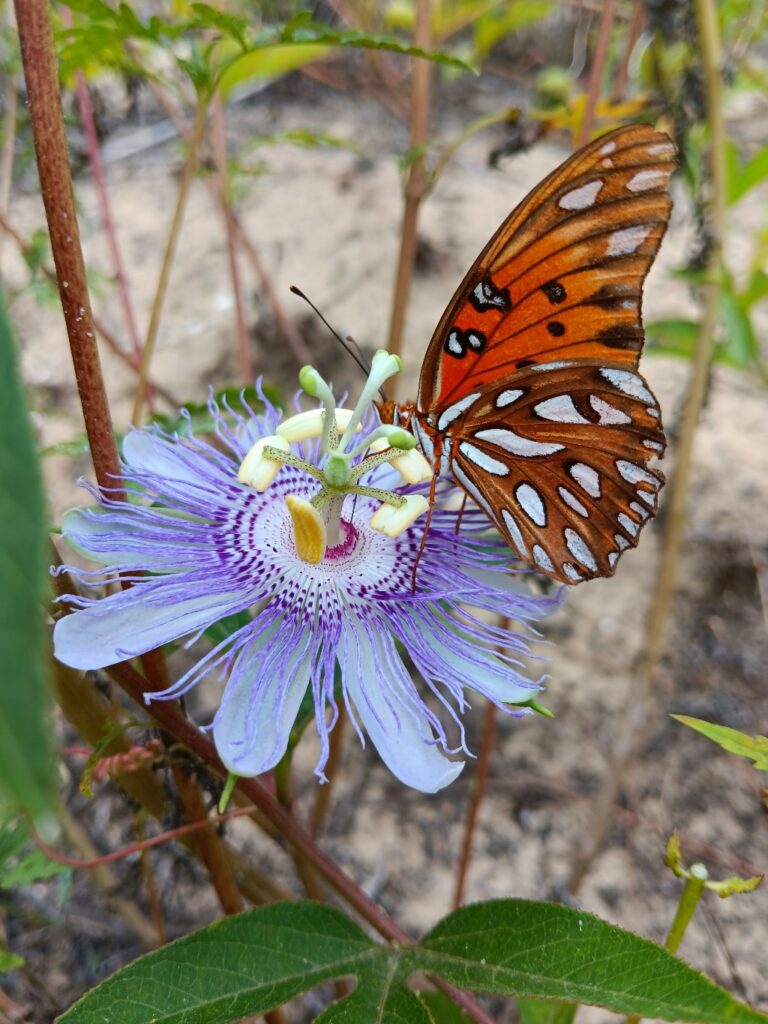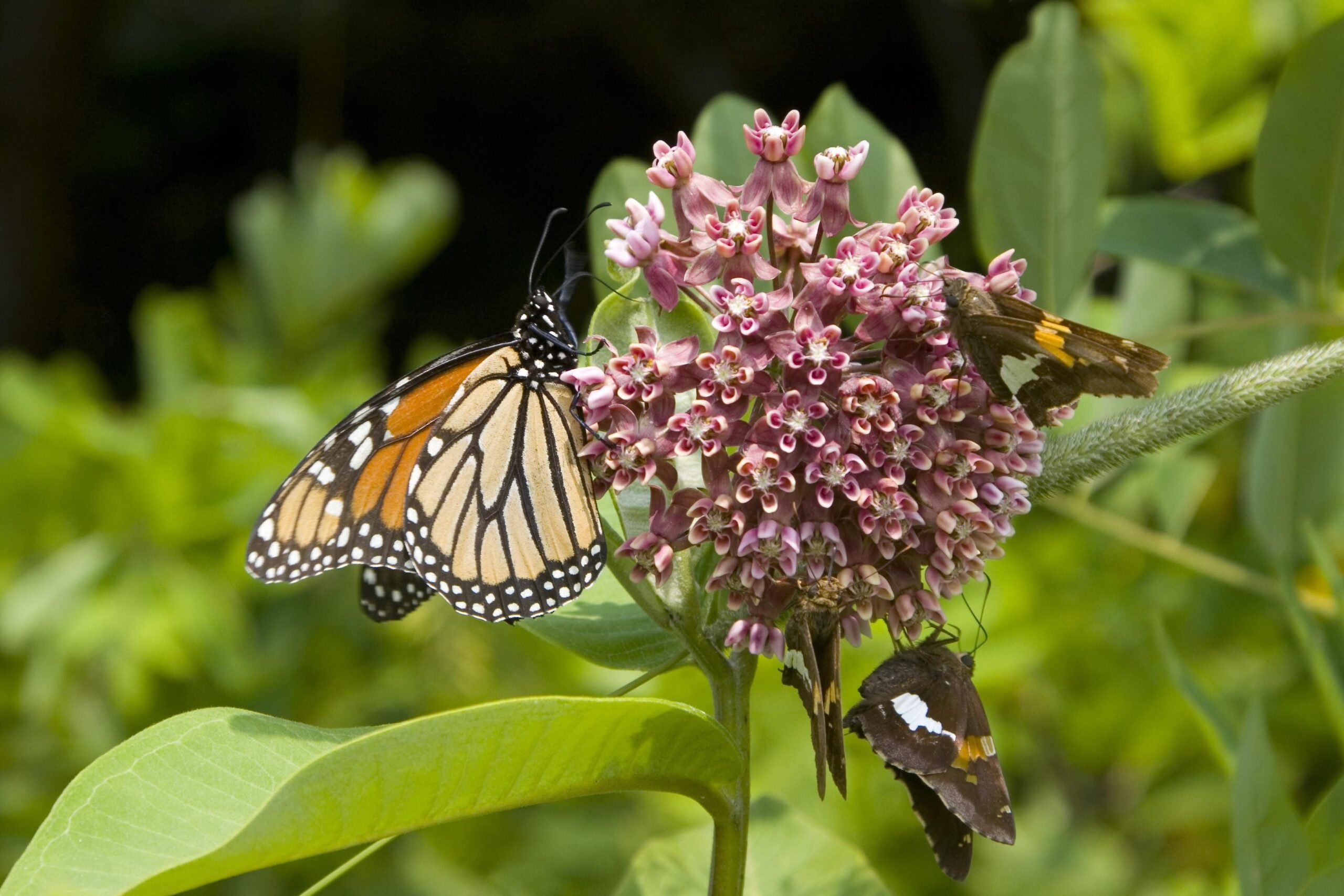In the world of butterfly farming and gardening, there’s often a passionate debate between proponents of “native” Milkweed and those who can only find non-native variants for sale locally.
At times, this arises from misconceptions or a lack of knowledge concerning Plant Species Localization and Distribution Categorizations. To address this and provide a clear, objective guide, Johnny Butterflyseed hereby introduces…
The Plant Friendliness Score!
This innovative scoring system is designed to objectively evaluate any plant you’re thinking about inviting into your cherished butterfly feeding station, garden, or even your designated monarch waystation. The goal is to prevent the unintentional inclusion of regrettable choices while eliminating the unjust exclusion of plants that could be fantastic additions. With the Plant Friendliness Score, making informed, beneficial decisions about your green space has never been easier!
The Plant Friendliness Score employs species categorizations as the basis for its scoring system. The categories include “Native, Naturalized, Endemic, Cosmopolitan, Adventive, and Indigenous.” Each of these categories can be scored on a scale of 0 (least applicable) to 5 (most applicable). To score a plant, you’d have to read the definition of each category and determine how well it applies to your plant in its current location.
It might seem challenging at first, but remember, this system is a tool to gauge the potential friendliness of a plant towards butterflies and your other plants, approximating as closely as possible. It’s an exercise in understanding your potential plant better, its role in your ecosystem, and how it may benefit your butterfly visitors.
Result Scoring Categories
The Result is a Sum of the five Categorization Scores, for a maximum total of 25 points possible:
0-5: “Completely Unfriendly” a.k.a. “weed”
6-10: “Not Unfriendly”
11-15: “Friendly”
16-20: “Quite Friendly”
21-25: “Perfectly Friendly”
These categories aim to be both informative and engaging, conveying the degree of ‘friendliness’ of the plant towards butterflies in a clear and relatable manner.
A Perfect Example
For a simple example, a Scrub Plum (Prunus geniculata) at Johnny’s conservation land on the Lake Wales Ridge would earn a perfect score of “Perfectly Friendly” since it is native and found nowhere else. Be aware, a technically “non-native” plant can be scored “Perfectly Friendly” in your garden, if the stars align! We call that a “Native-Friendly Plant.”

The Adventures of Johnny Butterflyseed – Author Signed First Edition Children’s Book
Save the monarchs!
Johnny Butterflyseed and his fairy friend, Raven Silverwing, embark on a mission to save the rapidly disappearing butterflies. They enlist the help of Queen Venus Goldwing and her kingdom of monarchs to educate and inspire kids to become butterfly farmers. At first, Johnny faces his own internal struggle with self-doubt and fear in his ability to make a difference, but then soon develops a mindset that allows him to not only get started, but also make progress one day at a time. Through challenge after challenge, Johnny learns that he is not alone in his mission and that there are many people who want to help. Together, Johnny, Raven, and Queen Venus educate thousands of children on becoming butterfly farmers.
Full Framework Example
The framework follows and as an example we will score Bloodflower (Asclepias curassavica) for a butterfly garden in Puerto Rico and also in New York City. If the below scores and Notes are deleted, you would have a blank template.
1. Native
A plant species that has developed in a specific region, state, ecosystem, or habitat without human introduction. Native plants often have intricate relationships with local wildlife, including pollinators, which can increase their plant friendliness score.
PR: 5
NYC: 0
NOTES: Tropical Milkweed is Native to Puerto Rico, while Non-Native to NYC.
2. Endemic
An endemic species is a native plant that is restricted to a particular geographic area due to factors such as isolation or response to soil or climatic conditions. They may have a high ecological value in their specific region, but they aren’t necessarily friendly to other plants outside their range. The extreme opposite of Endemic is Cosmopolitan which is found literally everywhere. Cosmopolitan usually means it’s invasiveness is complete. Creeping Oxtail is an example of a Cosmopolitan plant species. Scrub Plum is fully endemic to Florida’s Lake Wales Ridge. Only truly Cosmopolitan species should recieve a 0 here.
NYC: 1
PR: 2
NOTES: A. curassavica is not endemic to Puerto Rico or New York. It is widely distributed across the Neotropical Realm, extended by hurricane activity. It is also not Cosmopolitan, so 0s should not be used here.

20 Florida-Native “Black Drink Holly” Seeds (Ilex nigrempotum) formerly “Yaupon”
20 or more seeds of the Florida-native, Black Drink Holly (Ilex nigrempotum), formerly known as “Yaupon.” Origin: Polk Co. FL Zone 9b.
3. Indigenous
Indigenous plants are not only native to a region but have also been utilized or recognized by the local human population, often for centuries. These plants can be significant in maintaining traditional knowledge, cultural identity, and biodiversity.
NYC: 1
PR: 5
NOTES: Cant be zero since it has been and is being cultivated in NYC. Indigenous to the entire Tropical Realm, including South Florida and Puerto Rico. Indigenous peoples all used Milkweed (Asclepias) medicinally.
4. Naturalized
These are non-native plants that have adapted to a new area and can propagate naturally without human intervention. While some naturalized plants coexist without causing issues, others may become invasive and outcompete native species, potentially lowering their score. Only truly Invasive species should recive a 0 here.
PR: 5
NYC: 2
NOTES: Tropical Milkweed cannot become established in New York due to deep freeze, and it is not invasive to NYC, so it can’t get a 0. It has been established in Puerto Rico for all of recorded and verbal history, just as it has in South Florida which is part of the tropics, spread by hurricanes.

10 Florida-Native Maypop Purple Passionvine Seeds (Passiflora Incarnata)
Maypop Purple Passionvine Passiflora Incarnata seeds. Florida Native. 10 or more seeds.
5. Adventive
Refers to plant species that are not fully naturalized but occur outside of cultivation in an area. These species may persist temporarily or have limited establishment in the wild. This is sort of a Friendliness Bonus Score for non-native plants that can’t become invasive.
NYC: 5
PR: 0
NOTES: Native in Puerto Rico, so no help here, but since it’s non-native to NYC, and Tropical Milkweed would be permanently killed by the winter, it is Adventive to NYC. This plant is more “friendly”, because Mother Nature will clean this non-native up for you before it grows out of control.
Results
NYC: 9 – Not Unfriendly
Puerto Rico: 21 – Perfectly Friendly
So don’t be afraid to plant tropical milkweed in Central Park to feed Monarchs for the summer! Mother Nature will clean it up later. But you can find at least six Asclepias species that truly belong in Central Park, like A. tuberosa.
Again, this is a preliminary framework and actual scores can vary depending on a variety of factors such as specific regional conditions, interactions with local fauna, invasive potential, etc. It’s also important to remember that the impact of plant species can change over time as environmental conditions and ecosystems evolve.
We hope you make use of Johnny Butterflyseed’s handy-dandy Plant Friendliness Score and include more and more plants in your Butterfly Garden… one day at a time!
